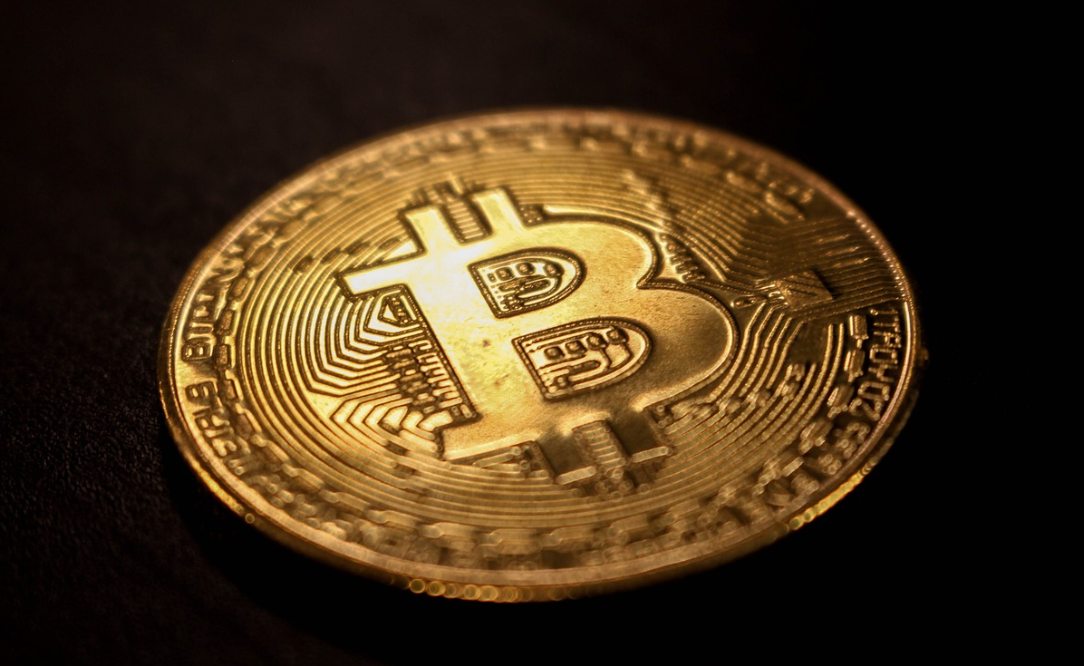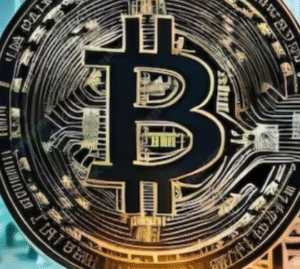#WorldLibertyFinancial #TokenAllocation #Insiders #Cryptocurrency #Blockchain #FinancialEquality #DigitalAssets #Tokenomics
In a revealing twist to the cryptocurrency narrative, World Liberty Financial has come under scrutiny following the leak of its draft white paper. The document, intended to showcase the financial firm’s roadmap and policies regarding its upcoming digital currency, inadvertently sheds light on a concerning approach to token distribution. Despite the company’s public commitment to democratizing financial access and empowering individual investors, the allocation plan tells a starkly different story. According to the details piecing together from the leaked white paper, a whopping 70% of the total token supply is earmarked for insiders, including founders, executives, and early backers, raising eyebrows across the crypto and financial communities.
This disproportionate allocation has sparked a wave of criticism from both industry experts and the public. Advocates for financial equality and transparency in the burgeoning field of digital assets are particularly vocal, pointing out the misalignment between World Liberty Financial’s publicized mission and its internal strategies. The firm, which has been an outspoken proponent of leveraging blockchain technology to level the playing field for people traditionally excluded from the financial system, appears to be navigating a course that contradicts these ideals. The revelation has led to heated discussions on the ethical and economic implications of such tokenomics, especially in a space that prides itself on decentralization and distributive justice.
Delving deeper into the matter, the allocation strategy not just raises questions about the firm’s commitment to its foundational principles but also its long-term viability and trustworthiness in a market that is increasingly sensitive to corporate governance and equitable practices. Analysts are now debating the potential impact of this insider-heavy approach on the token’s market reception and performance. History has shown that cryptocurrencies favoring a more balanced and transparent distribution model tend to foster a stronger and more committed community, crucial for the long-term success and adoption of digital currencies. As such, the decisions made today by World Liberty Financial could have far-reaching consequences, not just for their project but for the perception of the cryptocurrency industry as a whole.
In response to the backlash, there have been calls for World Liberty Financial to revise its token distribution plan to reflect a more inclusive and equitable strategy. The crypto community, known for its robust and active engagement on social platforms, has been instrumental in holding companies accountable for their actions. As the debate continues, it remains to be seen how World Liberty Financial will address this controversy. Will they heed the public’s call for fairness, or will they continue on a path that could potentially alienate the very demographic they claim to serve? The outcome of this situation is not only pivotal for those directly involved but also serves as a cautionary tale for other fintech companies navigating the complex interplay of innovation, equity, and public trust in the digital age.







Comments are closed.